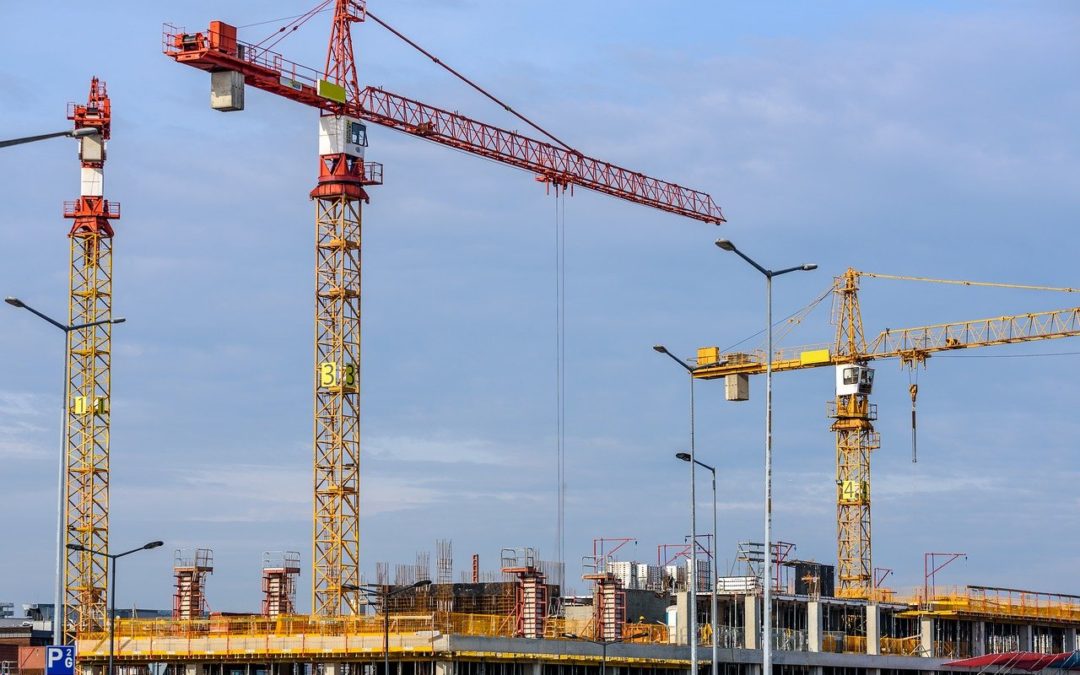Government Decree No. 312/2012 on Construction Procedures, Inspections and Services has been modified once again, with the modifications taking effect on 1 January 2021. The key changes are summarised below.
In the case of extremely long construction projects, it is very important for both developers and contractors to monitor legislative changes, because such changes sometimes have to be applied to ongoing projects, and this may have a major impact on the entire project.
Government Decree No. 312/2012 on Construction Procedures, Inspections and Services (”Decree”) has been modified by Government Decree No. 700/2020 in the following seven areas:
Term of building permits
Unless the building authority sets a shorter term, a building permit will be valid for a period of four years after it becomes final, instead of the previous three years. If construction starts during the validity period (as demonstrated with the opening of the construction log), the building must be suitable for the issuance of an occupancy permit or the acknowledgment of occupancy within six years after the start of construction, instead of the previous five years. [Decree, Section 21]
The term of building permits (including framework building permits, installation permits and integrated building permits) may not be extended. Consequently, the new rules state that a building permit will have to be obtained for finishing works affecting the structural elements or useful area of a building that has an expired building permit but does not have an occupancy permit or an acknowledgment of occupancy. It is important to emphasise that the new rules discussed in both points [1] and [2] must also be applied to ongoing projects. [Decree, Section 17(1b); Section 21; Section 77/F]
Mayor’s townscape opinion
A mayor’s negative townscape opinion is no longer a cause for denying a building permit, an integrated building permit or a regularisation certificate, and the building authority only has to take it into account as evidence. This provision must also be applied to ongoing projects. [Decree, Sections 18(4a);25(3) and (3a); 35(9) and (9a); 44(2); 77/F]
Occupancy permit can be requested for individual buildings
Where buildings or stand-alone facilities are built in staggered phases on a single plot and on the basis of a single building authority permit, the occupancy permit can be requested for each phase separately. If the building permit applies to several buildings on the same plot but it is not phased, the occupancy permit can be requested for each building separately, as long as the buildings are safe and fit for the purpose intended. [Decree, Section 39(7)]
Developers often encountered problems if they wanted to obtain a regulatory permit for completed phases where the original building permit did not include a phased arrangement. It was also uncertain whether the occupancy permit procedure could be performed “multiple times” for the same building. Therefore, this modification provides significantly greater flexibility and predictability for developers with regard to occupancy permit procedures.
Main contractor declaration can be replaced
Before an occupancy permit, an acknowledgment of occupancy or a regularisation certificate can be issued, a declaration given by the main contractor in line with Section 14 Government Decree No. 191/2009 on Construction Activities (“Construction Activities”) must be obtained.
As a result of the modification, the main contractor’s declaration can be replaced with a declaration by a construction engineering expert in all three of the above procedures if
- the main contractor has died or has been dissolved; or
- there is no valid building permit in effect for the relevant building. [Decree, Sections 39(8)c) and d);42(4a)a) and b); 54(1a)d) and -e)]
The purpose of this modification is to clearly state how a developer can replace the main contractor’s declaration if it cannot be obtained for reasons beyond the developer’s control.
Term of demolition permits
Instead of one year, demolition permits are valid for two years after the date when they take effect. This deadline applies to ongoing cases as well. [Decree, Section 49(1) and 77/F]
Compliance with near-zero-energy requirements
Buildings will only have to meet near-zero-energy requirements if they are occupied after 30 June 2021, instead of 1 January 2021. [Decree, Section 77/E] (For more information please click here.)
Authors: András Fenyőházi András and Zsanett Szabó




